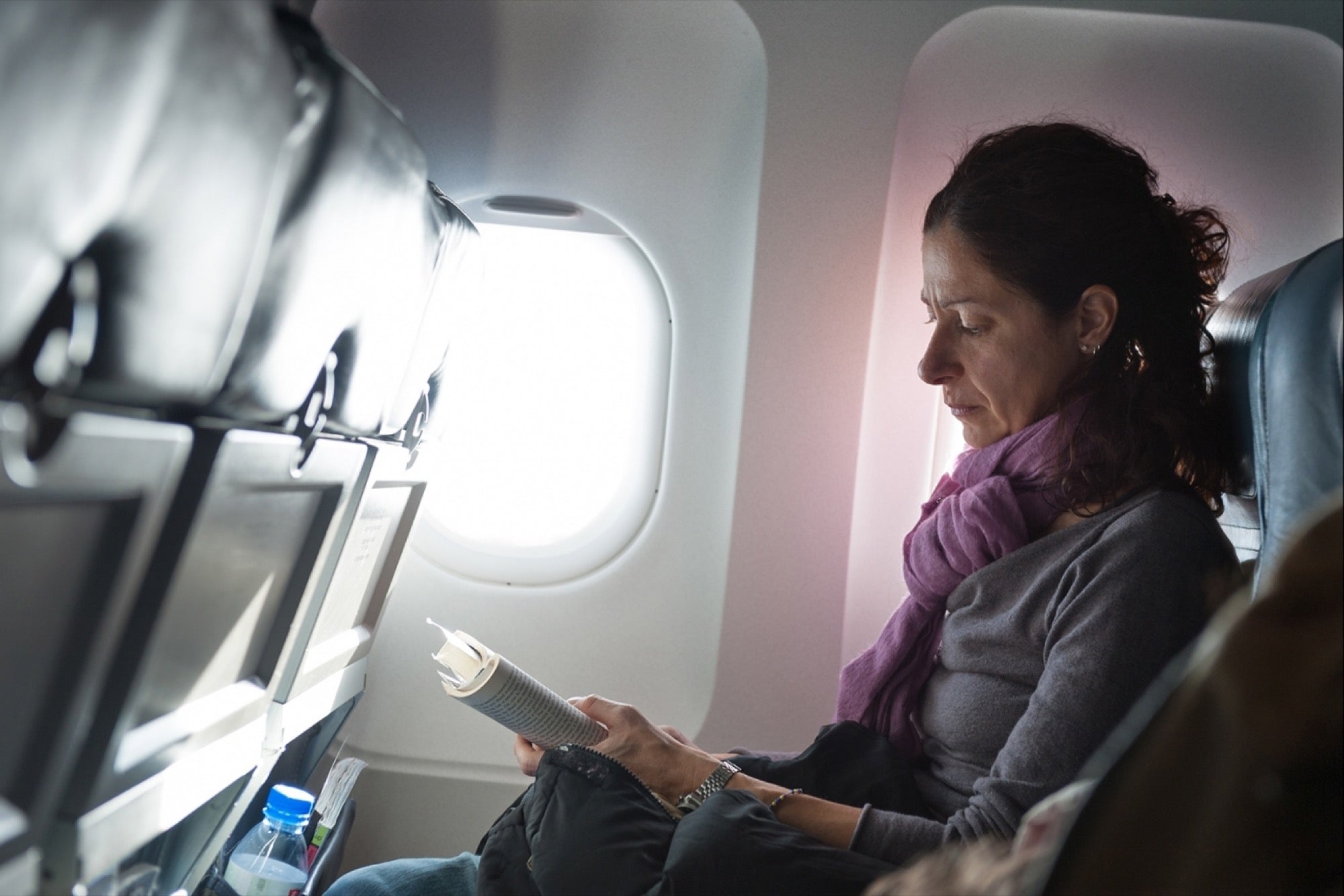Technology is Doing Wonders For The New-age TravellersTechnology is taking travel and tourism out of the rarefied cloisters it once inhabited and helping it reach more people than ever before
通过Amit Damani•
Opinions expressed by Entrepreneur contributors are their own.
You're reading Entrepreneur India, an international franchise of Entrepreneur Media.

That technology is a part and parcel of the modern lifestyle is an accepted universal truth, much like the fact that the Sun rises in the East. It has become so integral to our day-to-day functioning that imagining a world with our smart devices and constant access to the internet seems to feel like the beginning of a dystopian apocalypse.
And yet, the world was not always so technology-driven. When questioned about the rise of personal computers in 1943, Thomas J. Watson, the man behind the huge success of IBM, is once attributed to having said that "there is a world market for maybe five computers". To him, and to those who came in the decades after, the fact that we now carry computing devices more powerful than the biggest business machines of yore in our palms would be inconceivable.
Almost as inconceivable as the impact of technology on the Indian travel and tourism sector.
Then and now: How technology has transformed the way we travel
A couple of decades ago, making a travel itinerary was an exercise that most people tended to avoid unless absolutely necessary. The reason for this was the extremely fragmented nature of the entire booking process. Flights were expensive and rarely taken, except by the ultra-rich, while booking train tickets required standing in a long queue for the larger part of the day, on leave from work. Booking a hotel room was a question that barely, if ever, crossed the minds of prospective travellers.
Braking The Monopoly
Large travel agents with wider networks were, as a result, able to monopolise the market and dictate prices. The end-consumer had no transparency, whatsoever, be it in terms of pricing or inventory availability. On top of it, there was no guarantee that the travel agent would be able to provide for an accommodation at the destination, much less a suitable one; most people ended up looking for a distant relation they could stay with, in the city they were travelling to. The reach of such offline travel agents was also limited to their geographical presence.
Online Travelling Agencies
Thankfully, this is no longer the scenario. The dawn of the Internet in the mid-to-late 90s led to the rise of online travel agencies (OTAs) and a shift towards an "online' way of doing things. This was a pivotal moment for the Indian travel and tourism industry. Travellers across the country could now compare costs and packages on different websites, check accommodation photos, and choose the option that suited their budgets and sensibilities. With different geographies no longer a limitation holding back travellers, the ability to save wishlists and links online also allowed travellers in larger groups to coordinate better and make more informed booking decisions.
Transparency
The greater transparency and more choices that the online shift enabled also introduced better structure and regularisation into the supplier market. Long-held monopolies slowly declined into oblivion, as a new order emerged from the chaos. But to think that the impact of technology on the travel and tourism industry was limited to OTAs would be making a hasty assumption.
Backed into tech: How cutting-edge technologies continues to silently revolutionise travel
One of the biggest, and perhaps most overlooked, impact of tech on travel is the information that is now available to end-consumer – not just in terms of volume, but also diversity and quality. We now have access to guest reviews, travel blogs, and opinion pieces to give us insights into the holidaying experiences of our online peers. Side-by-side comparisons of flight fares and accommodations on the same page are also now possible, as is hyper-personalisation of travel recommendations.
Some OTAs even give their customers alerts about various activities and events that they can explore in and around the destination they are visiting, in addition to delivering the latest news about the location. This makes the search and discovery process extremely convenient and streamlined and allows customers to take more informed decisions.
Innovative Technology
所有这些都由进行成为可能tion of innovative technologies into the travel value chain. By analysing our actions as consumers through tools such as AI, machine learning, and automation, online service providers in the travel domain can gauge what we like better than we subjectively could. They can tailor their offerings to suit the budgets and preferences of each traveller, giving them access to unique experiences that they would otherwise have missed out on.
Affordability
另一方面,技术有了翻天覆地的变化is the affordability and flexibility of travel. The cost has traditionally been one of the major barriers that restrict travellers and their dream holidays. This holds particularly true for the younger traveller demographic, which has the passion for adventure and a thirst for novel experiences, but often not the financial resources to afford an extravagant vacation. The strictly regimented and uniformly standardised nature of hotel stays also fails to hit the right note with this group of travellers.
Technology is once again rising to the occasion by making it possible for these young, spirited itinerants to have the holidaying experiences that they want, at a cost that is easy on their pockets. For instance, the platform allows travellers to book homestays – be it a spare bedroom, a basement, a converted garage, and even an entire home – at a fraction of the cost that they might pay at the hotel. With attached kitchens, well-appointed rooms, and access to hallway and spacious lawns, such homestays provide a level of comfort that hotels cannot emulate.
With each home holding a story at its core, homestays also allow travellers to truly immerse themselves in local cultures and activities and take back experiences that they will cherish for long. That they often make for amazing backdrops for travel photographs to share with friends and family on social media is just an added advantage.
Technology is taking travel and tourism out of the rarefied cloisters it once inhabited and helping it reach more people than ever before. The opposite also holds true; more people are now making travel plans because of technology. It is a trend that feeds itself and, if recent trends are any indication, one that shows no sign of abating. Nor should it.












